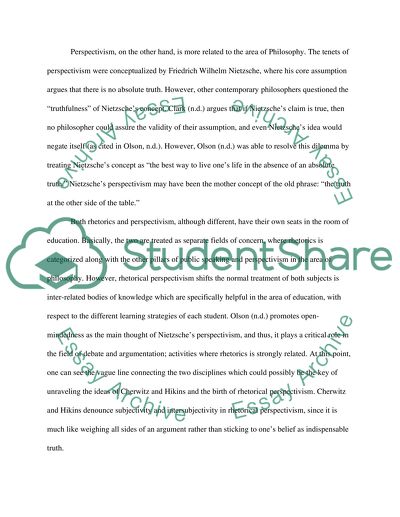Cite this document
(“Rhetorical Perspectivism Essay Example | Topics and Well Written Essays - 1500 words”, n.d.)
Retrieved from https://studentshare.org/environmental-studies/1406535-rhetorical-perspectivism
Retrieved from https://studentshare.org/environmental-studies/1406535-rhetorical-perspectivism
(Rhetorical Perspectivism Essay Example | Topics and Well Written Essays - 1500 Words)
https://studentshare.org/environmental-studies/1406535-rhetorical-perspectivism.
https://studentshare.org/environmental-studies/1406535-rhetorical-perspectivism.
“Rhetorical Perspectivism Essay Example | Topics and Well Written Essays - 1500 Words”, n.d. https://studentshare.org/environmental-studies/1406535-rhetorical-perspectivism.


